Port legislation
1. Port Authority of Thailand Act, B.E. 2494 (1951)
This Act stipulates that the Port Authority of Thailand (PAT) be established as a juristic person to accept the transfer of port operations from the Bangkok Port
Office by receiving the transfer of all assets and liabilities including all the land that has been expropriated as well as rights and duties of the Bangkok Port Office.
PAT aims to accept the transfer of port operations and operate a port for the benefit of the state and the public, including other business operations relating to
port operations as well.
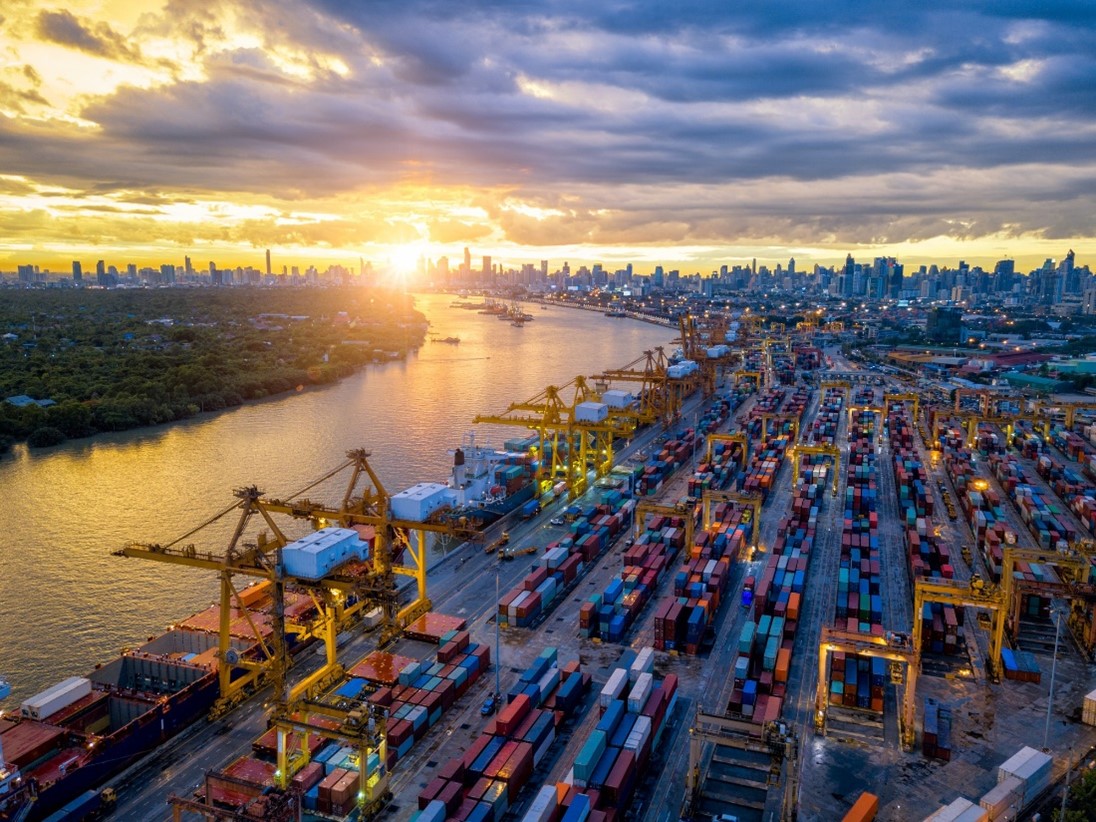
Please find more details by Click here
2. Occupational Safety, Health, and Environment Act, B.E. 2554
This Act is intended to set measures to control, supervise, and manage occupational safety, health, and working environment for employees which is an important
human resource of the nation to have well-being, be safe in work in line with the current situation where technology, tools, machines, equipment, chemicals, and hazardous
chemicals are used in the production process, construction, and services. These operations affect workers in terms of safety, occupational health, and working environment
and cause harm from work to injury, disability, disability, death, or disease caused by work.
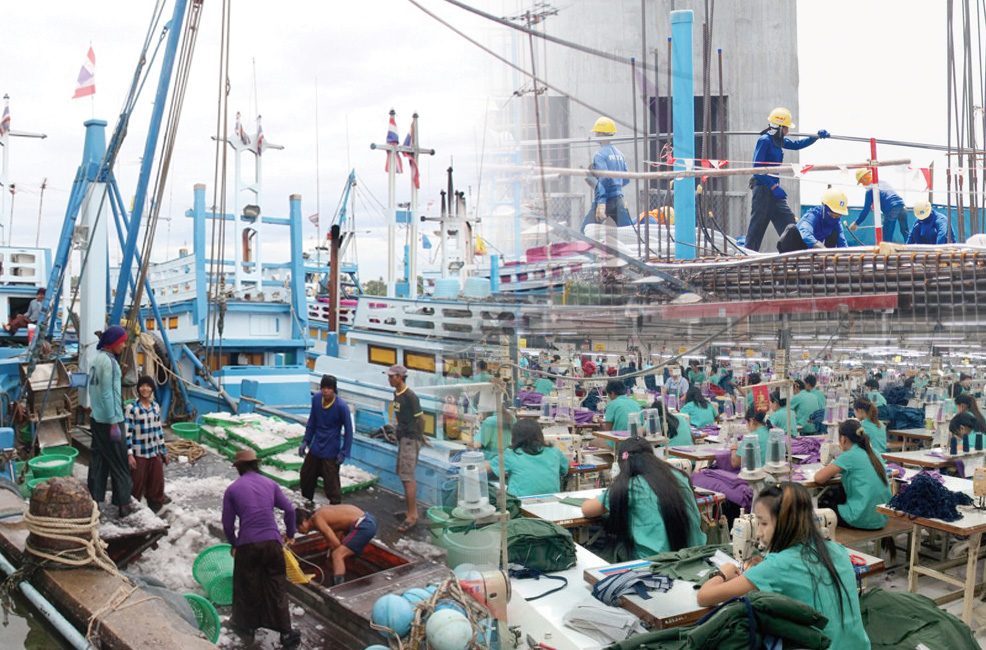
Please find more details by Click here
3. Ministerial regulations on Fuel Oil Storage Premises B.E.2551
It is a ministerial regulation that prescribes rules, procedures, and conditions relating to notifications, permissions, and rates of fees related to fuel business operations,
and fuel storage.
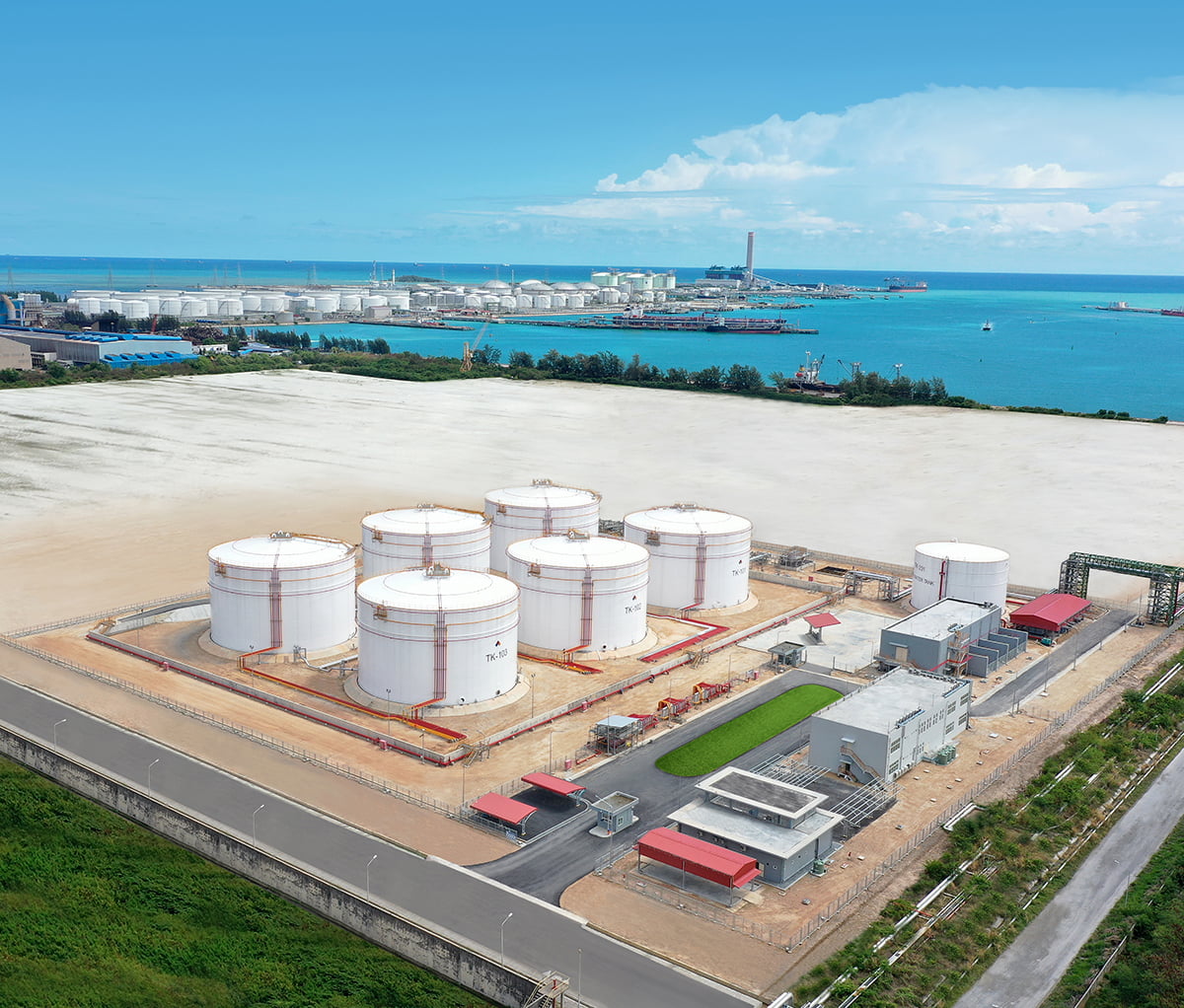
Please find more details by Click here
4. Customs Act B.E. 2560 (2017)
This Act specifies the requirements, regulations, and various measures of customs formalities in Thailand.
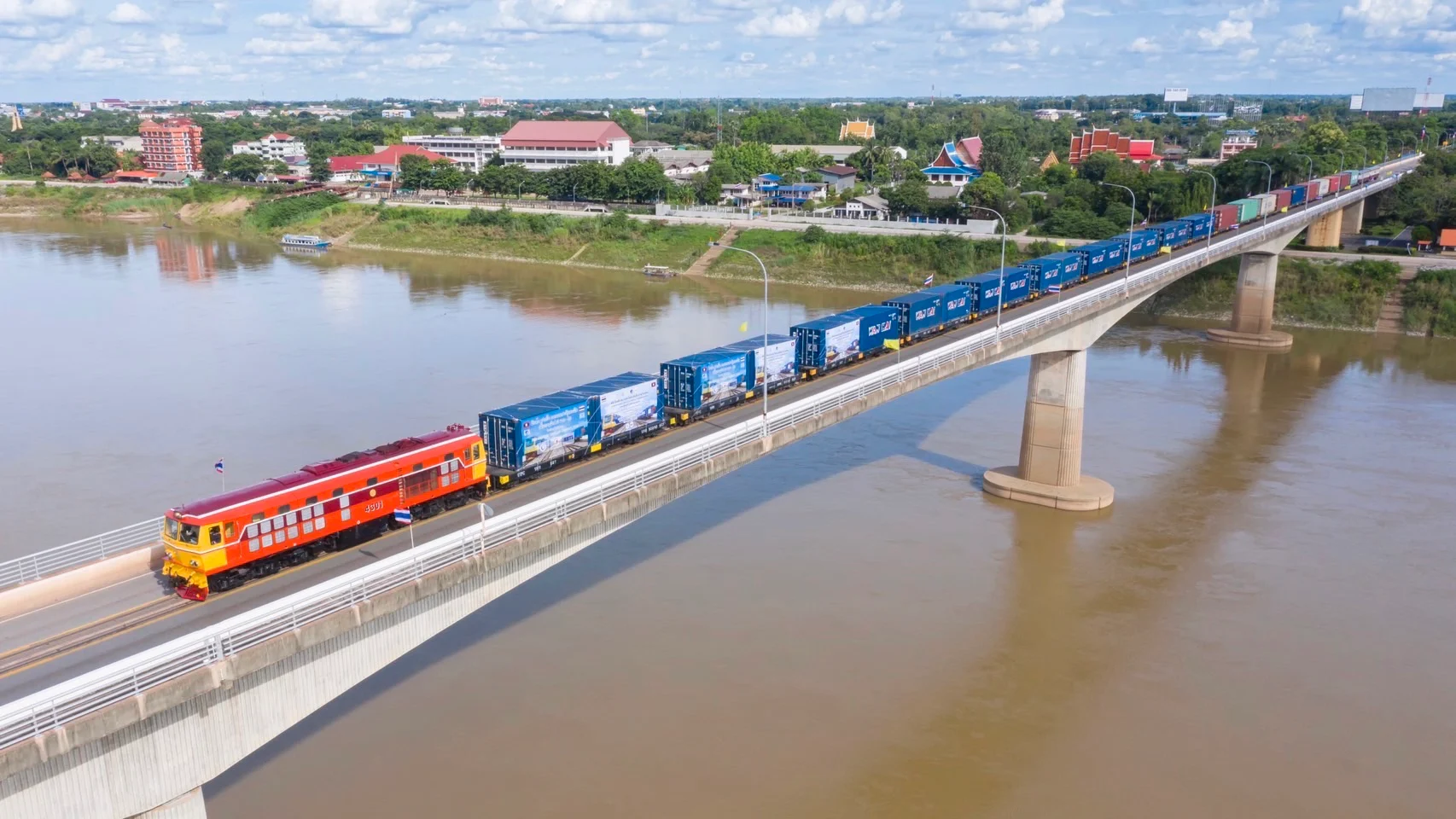
Please find more details by Click here
5. Merchant Marine Promotion Act, B.E. 2521 (1978)
The Thai Merchant Marine Promotion Act, which became effective in 1978, gives the government wide-ranging of power to reserve cargoes for national flag
vessels and to set freight rates in its trades. The body set up to implement the Act, the Thai Mercantile Marine Promotion Committee, has proposed that a
new ministerial regulation be adopted requiring all private firms engaged in business transactions with government agencies/states to use Thai-owned ships
for importing products.
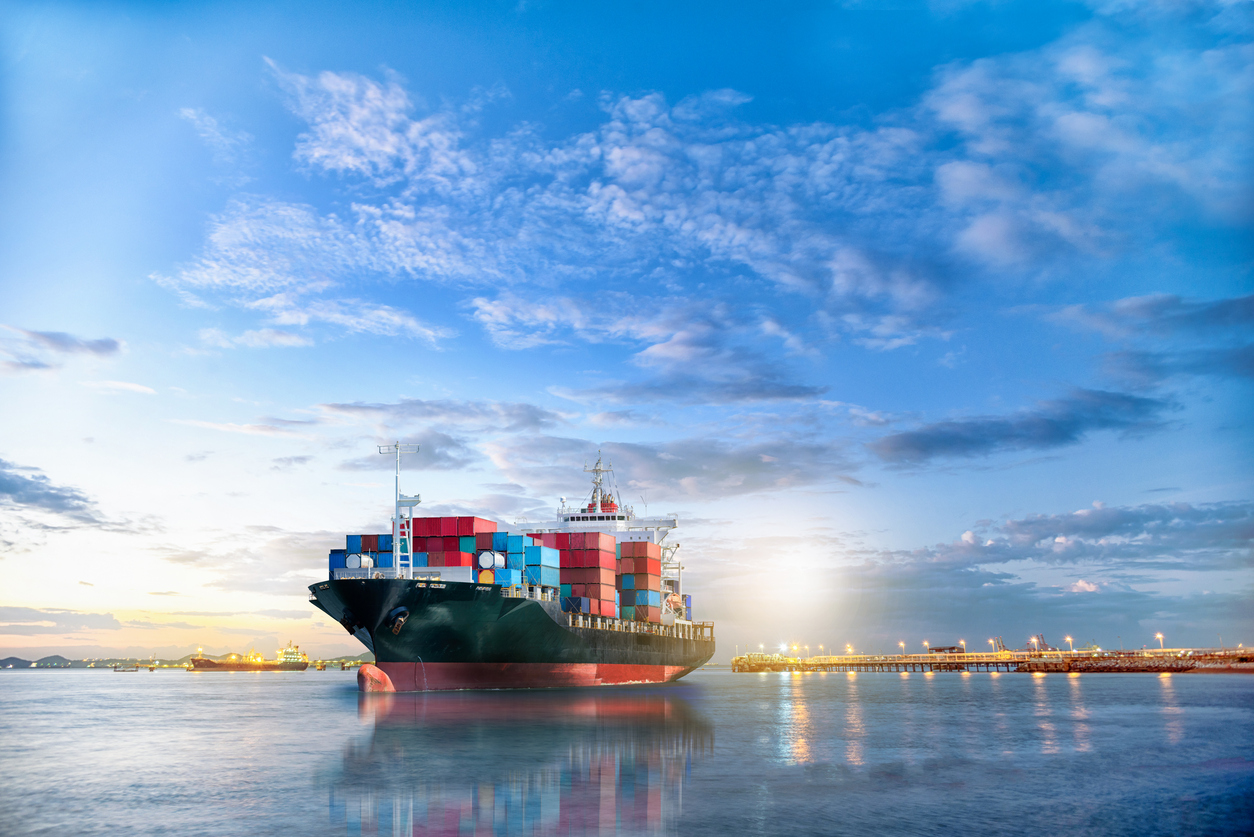
Please find more details by Click here
6. Multimodal Transport Act B.E. 2548
In concurrence with the ASEAN Framework Agreement on Multimodal Transport, Thailand has developed draft Multimodal Transport Act intended to be the implementing
legislation for the Agreement and become the domestic law for multimodal transport operation. Being the implementing legislation, the draft law is in line with
the principles of the Framework Agreement. However, there are some additional provisions to make the Act understandable for domestic application and consistent with
the structure of other carriage of goods laws. It is believed that the law will make multimodal transport known to public. With the fair, flexible and internationally-accepted
regime, the law should influence the decisions of the users of international transport to consider multimodal transport as alternative to the traditional unimodal transport
currently available. The Act came in force by the end of October 2005.
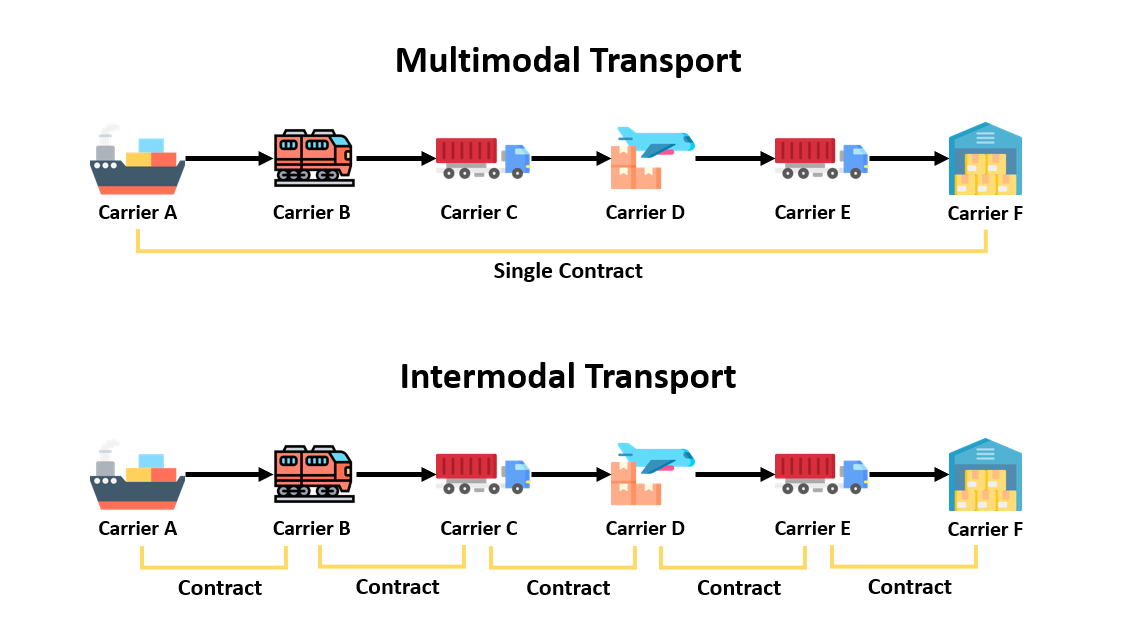
Please find more details by Click here
7. Public-Private Partnership Act, B.E. 2562 (2019)
Public–private partnerships (PPPs) were formally introduced into the Thai legal framework by the promulgation of the Private Participation in State Undertakings
Act BE 2535 (1992) (PPSU Act). For two decades the PPSU Act served as the basic piece of legislation governing PPPs in Thailand; however, it lacked clear-cut
criteria addressing matters of scope, duration and authority with regard to initiating and implementing PPPs. To clarify those criteria, the Private Investments in
State Undertakings Act BE 2556 (2013) (PISU Act) was enacted. The PISU Act explicitly states that Thailand is in need of infrastructure construction and various
other forms of public services, an imperative that is echoed in many other state policies, development goals and plans.
Consequently, PPPs became more common nationally as the government relied on PPPs as the main mechanism to develop the nation's infrastructure. With the increase
in the use of PPPs, it became apparent that the framework laid out by the PISU Act needed to be further developed. As a result, the Public–Private Partnership Act BE 2562
(2019) (the New PPP Act) was enacted to replace the PPSU Act, thereby allowing PPPs to be conducted in Thailand in accordance with international standards.
The New PPP Act was passed by the National Legislative Assembly and became effective in March 2019. PPPs are now being implemented under the New PPP Act
and in projects in connection with the Eastern Economic Corridor (EEC) of Thailand.

Please find more details by Click here







